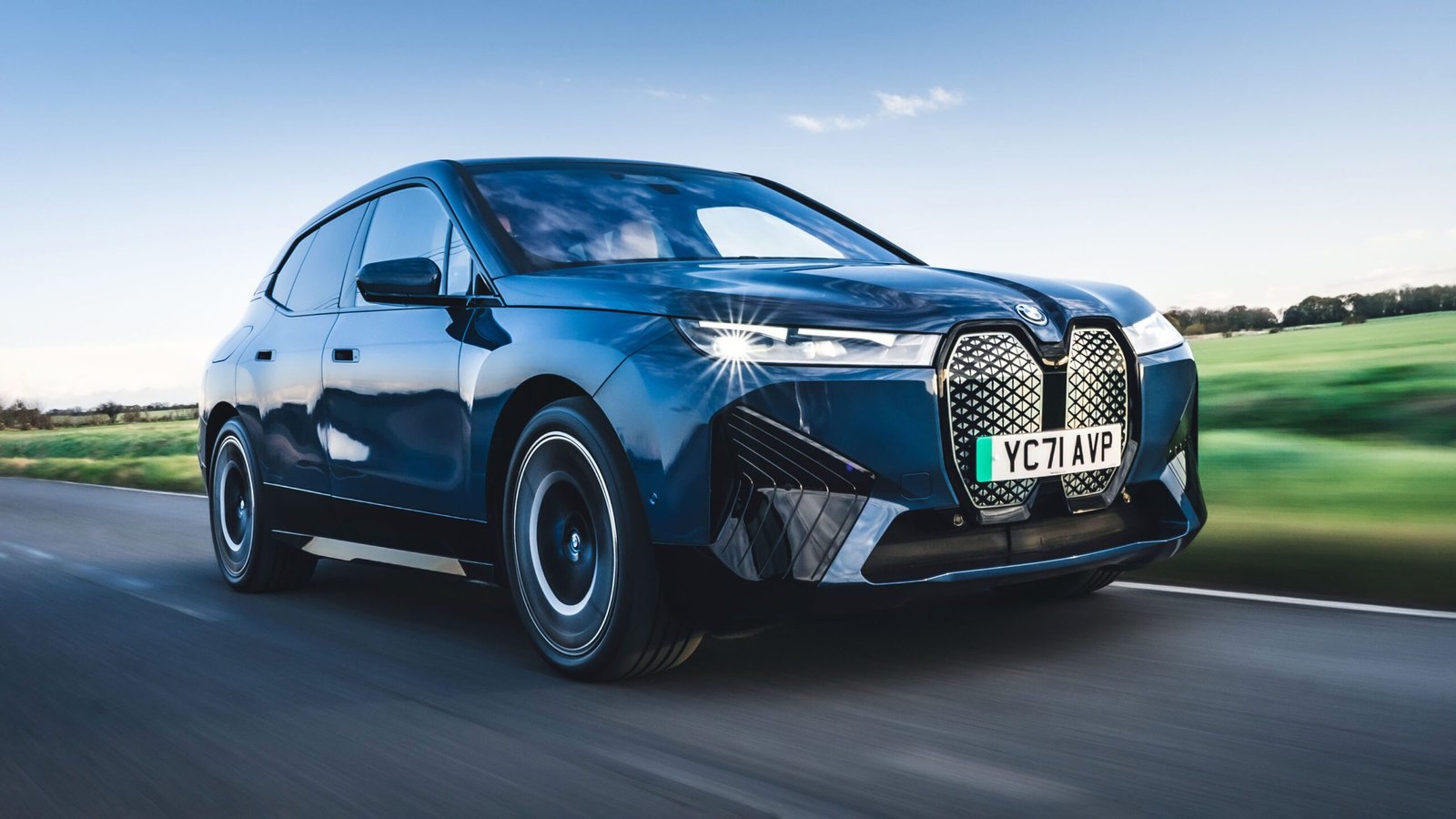In recent years, electric cars have taken the automotive industry by storm, offering an environmentally friendly and efficient alternative to traditional gasoline-powered vehicles. This shift towards electric cars represents a significant leap in the evolution of transportation technology and has the potential to revolutionize the way we think about mobility and sustainability. In this article, we’ll explore the world of electric cars, their benefits, challenges, and the future they promise.
The Rise of Electric Cars
Electric cars, often referred to as EVs (Electric Vehicles), have been around for quite some time, but they have gained substantial momentum in the 21st century. Several factors have contributed to their rise:
- Environmental Concerns: Growing awareness of climate change and the need to reduce greenhouse gas emissions has led to increased interest in electric cars as a cleaner and more sustainable alternative.
- Technological Advancements: Advances in battery technology, electric drivetrains, and charging infrastructure have made electric cars more practical and accessible to consumers.
- Government Support: Many governments worldwide are providing incentives such as tax credits, rebates, and investment in charging infrastructure to promote electric vehicle adoption.
Benefits of Electric Cars
- Eco-Friendly: Electric cars produce zero tailpipe emissions, reducing air pollution and greenhouse gas emissions. This is a crucial step in combatting climate change.
- Lower Operating Costs: Electric cars are more energy-efficient and have fewer moving parts, leading to lower maintenance and fuel costs.
- Quiet and Smooth: Electric cars offer a quiet and smooth driving experience, thanks to the absence of noisy internal combustion engines.
- Instant Torque: Electric motors provide instant torque, resulting in quick acceleration and a responsive driving experience.
- Reduced Dependence on Fossil Fuels: By shifting to electricity as a power source, we reduce our reliance on finite fossil fuels.
Challenges and Considerations
While electric cars offer numerous advantages, there are also some challenges to consider:
- Limited Range: Although the range of electric cars is continually improving, they still typically have a shorter range than gasoline-powered vehicles. This can be a concern for long trips.
- Charging Infrastructure: The availability of charging stations can be limited in some regions, which may pose a challenge for daily commuting or long journeys.
- Higher Initial Cost: Electric cars can be more expensive to purchase than traditional vehicles, although this cost gap is narrowing.
- Charging Time: Charging an electric vehicle can take longer than refueling a gasoline car, especially if using standard home chargers.
The Future of Electric Cars
The future of electric cars is bright, with ongoing developments and innovations aimed at addressing the challenges mentioned above:
- Increased Range: Battery technology continues to improve, leading to electric cars with longer ranges, making them more suitable for a broader range of consumers.
- Rapid Charging: High-power chargers are becoming more widespread, significantly reducing the time it takes to charge an electric car.
- Affordability: As production scales up and technology matures, electric cars are becoming more affordable, making them accessible to a wider audience.
- Diverse Models: Automakers are investing heavily in electric car models, providing consumers with a broader selection of body styles and features.
Conclusion
Electric cars are at the forefront of a transportation revolution that promises a cleaner, more sustainable, and technologically advanced future. While challenges still exist, ongoing innovations in the electric vehicle sector are quickly turning these challenges into opportunities. As the world continues to embrace electric cars, we are moving toward a more eco-friendly and efficient future in which our vehicles are powered by electrons, not fossil fuels.


